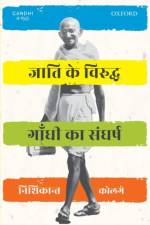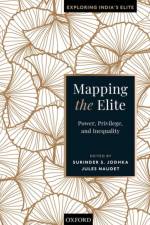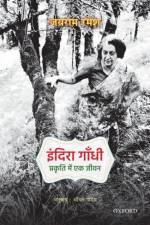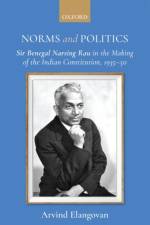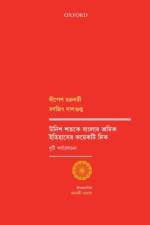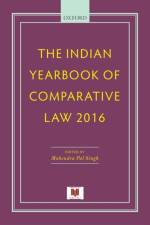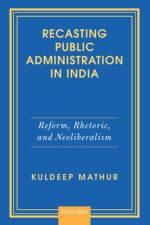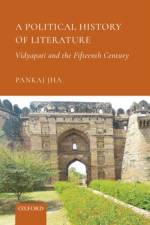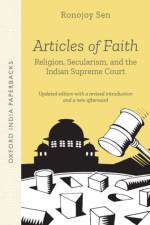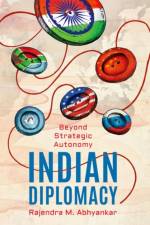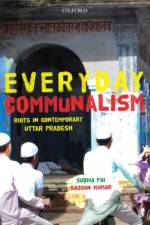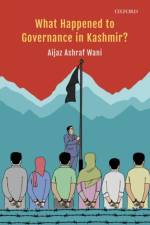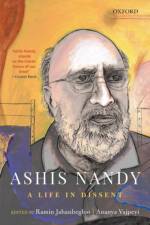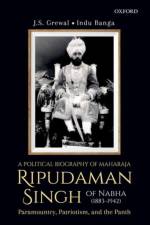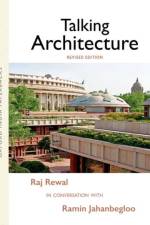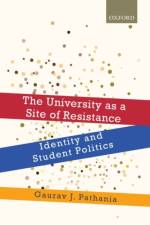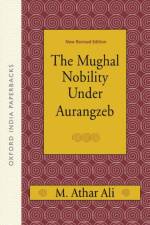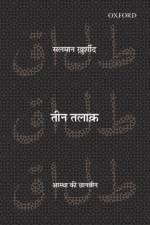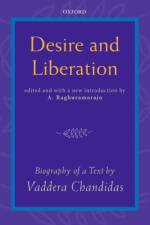- Prakriti Mein Ek Jiwan
av Jairam (Honourable Member of Parliament Ramesh
359,-
Indira Gandhi, prime minister of India for sixteen years, was as charismatic as she was controversial-at once admired and criticized for her political judgements and actions. Yet beyond such debate, what has not been fully understood is her life-long communion with nature and how that defined her very being. Weaving personal, political, and environmental history, politician-scholar Jairam Ramesh narrates the compelling story of Indira Gandhi, the naturalist. He tellsus why and how she came to make a private passion a public calling; how her views on the environment remained steadfast even as her political and economic stances changed; how her friendships with conservationists led to far-reaching decisions to preserve India''s biodiversity; how she urged,cajoled, and persuaded her colleagues as she took significant decisions particularly regarding forests and wildlife; and how her own finely-developed instincts and beliefs resulted in landmark policies, programmes, initiatives, laws, and institutions, that have endured. Drawing extensively from unpublished letters, notes, messages, and memos, Indira Gandhi: A Life in Nature offers a lively, conversational narrative of a relatively little known but fascinating aspect of Indira Gandhi''stumultuous life. Equally, the book acts as a compass to India at a time when the country faces the formidable challenge of ensuring ecological security and sustainability in its pursuit of high economic growth.

